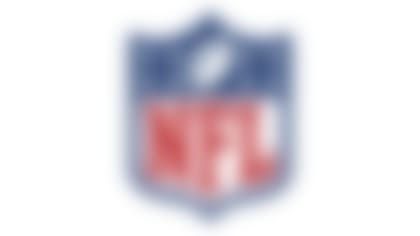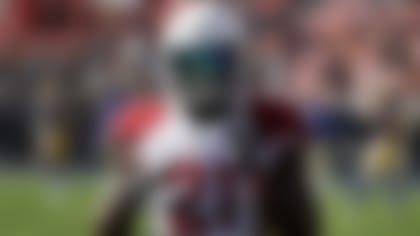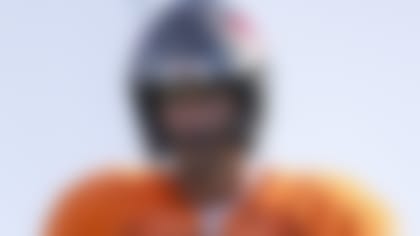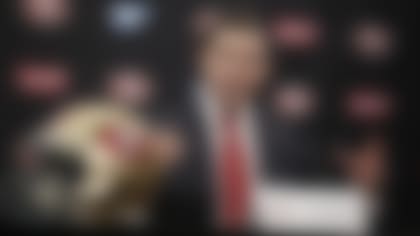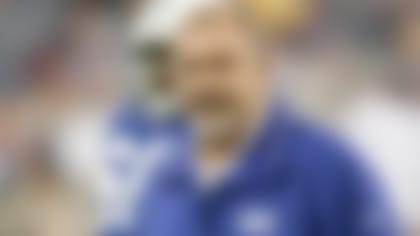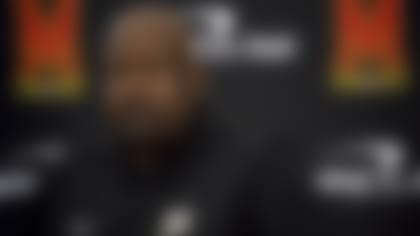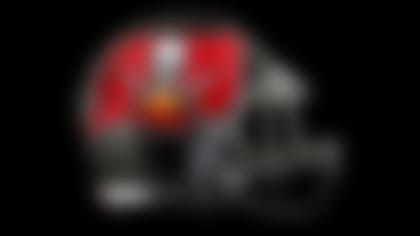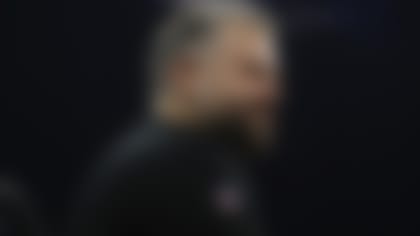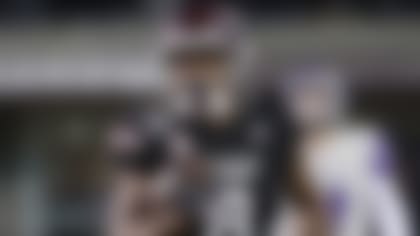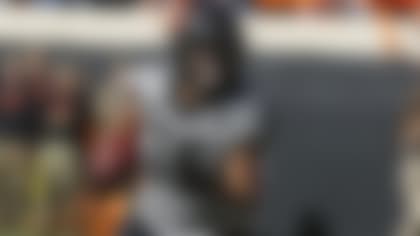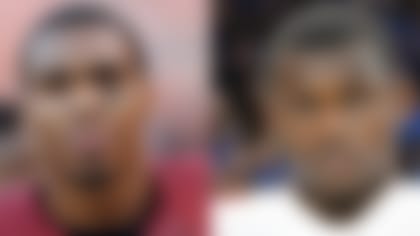The NFL and NFL Players Association will prohibit 10 helmet models from being worn by players this season based on the results of an annual laboratory study used to assess the performance of helmets being worn by players.
New NFL players and players who didn't wear the prohibited helmets in 2017 won't be allowed to wear them in 2018. Full phaseout is expected after 2018, per Jeff Miller, NFL Senior Vice President of Health and Safety Policy.
About 200 players wore helmets last season that now would be in the prohibited category. The NFL and NFLPA expect many of those players will stop wearing those helmets immediately, per NFL Network's Tom Pelissero.
The manufacturers of the prohibited helmets are either no longer manufacturing NFL helmets or have made improved models (Riddell, Schutt) and have worked toward getting players to wear the newer models. Helmets no longer being currently manufactured (six models) will be banned immediately. The other four models can still be used by players if worn in 2017.
Miller said the league is "encouraged that this is an important step for player health and safety."
Per Dr. Jeff Crandall, chairman of NFL Engineering Committee, the new helmet rankings is based only on lab performance. The helmets undergo 24 tests in a lab to measure acceleration/motions of head. Higher-ranked helmets manage force better.
The goal of the study, as in prior years, was to determine which helmets best reduced head impact severity under laboratory conditions simulating concussion-causing impacts sustained by NFL players during games. The helmet laboratory testing involved 34 helmet models -- a survey of helmets used by NFL teams indicates that at least 98 percent of players are wearing helmet models that have been tested in this study. The study continues to measure rotational velocity and acceleration as part of a combined metric to evaluate helmets. The NFL/NFLPA evaluation is the first of its kind to adopt rotational measures in its analysis.
